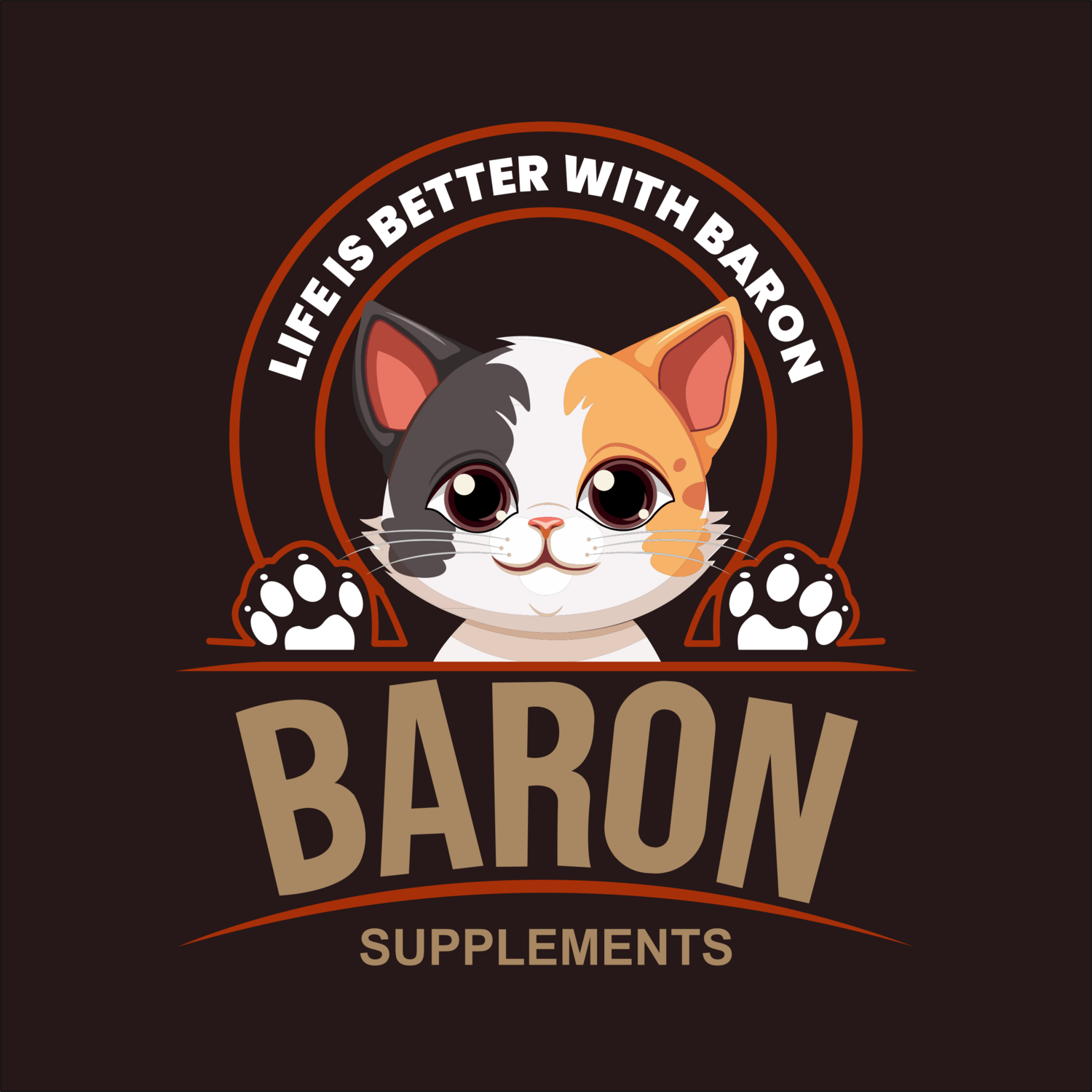Digestive issues can affect both cats and dogs, leading to discomfort and potential health problems. Here are some common digestion issues in cats and dogs:
Cats:
- Hairballs: Cats groom themselves regularly, which can lead to the ingestion of loose hair. Hairballs can accumulate in the stomach and cause vomiting or constipation.
- Inflammatory Bowel Disease (IBD): This condition involves chronic inflammation of the gastrointestinal tract in cats. Symptoms include vomiting, diarrhea, weight loss, and decreased appetite.
- Constipation: Cats can experience constipation due to various factors, including dehydration, dietary issues, or underlying medical conditions. Symptoms include straining in the litter box, infrequent bowel movements, and dry, hard stools.
- Pancreatitis: Inflammation of the pancreas can occur in cats, leading to digestive disturbances such as vomiting, diarrhea, and abdominal pain.
- Dietary Sensitivities: Some cats may develop sensitivities or allergies to certain ingredients in their food, resulting in gastrointestinal upset.
Dogs:
- Gastritis: Gastritis refers to inflammation of the stomach lining, which can be acute or chronic. It can result from dietary indiscretion, infections, or underlying health conditions. Symptoms include vomiting, diarrhea, and abdominal discomfort.
- Gastroenteritis: This is a broad term that describes inflammation of the stomach and intestines. It can be caused by infections, dietary indiscretion, parasites, or food allergies. Symptoms include vomiting, diarrhea, abdominal pain, and loss of appetite.
- Pancreatitis: Dogs can also develop pancreatitis, which is inflammation of the pancreas. Symptoms include vomiting, diarrhea, abdominal pain, and decreased appetite.
- Dietary Intolerance: Some dogs may have difficulty digesting certain foods, leading to digestive upset. Common culprits include dairy, grains, and certain proteins.
- Colitis: Colitis involves inflammation of the colon and can result in diarrhea, bloody stools, and abdominal pain in dogs.
Treatment:
- Dietary Management: Switching to a highly digestible or hypoallergenic diet can help manage digestive issues in cats and dogs.
- Medications: Depending on the underlying cause, medications such as anti-inflammatories, antibiotics, or anti-emetics may be prescribed to alleviate symptoms.
- Fluid Therapy: In cases of dehydration or severe vomiting/diarrhoea, fluid therapy may be necessary to restore hydration and electrolyte balance.
- Dietary Supplements: Adding supplements containing a well balanced combination of prebiotics and probiotics to the diet can help promote healthy gut flora and improve digestion.
- Surgical Intervention: In severe cases or when an underlying structural issue is present, surgical intervention may be necessary.
If your cat or dog is experiencing digestive issues, it’s essential to consult with a veterinarian for proper diagnosis and treatment. They can recommend the most appropriate course of action based on your pet’s individual needs and the underlying cause of the problem.
Both Rise & Shine and Grow & Glow have ingredients which can assist your fur baby to deal with above mentioned conditions. Please beware we do not claim that our supplements can be used instead of vet prescribed medication. However you are guaranteed to achieve better outcomes and achieve those outcomes faster when you will be using vet prescribed medication in conjunction with our products.
